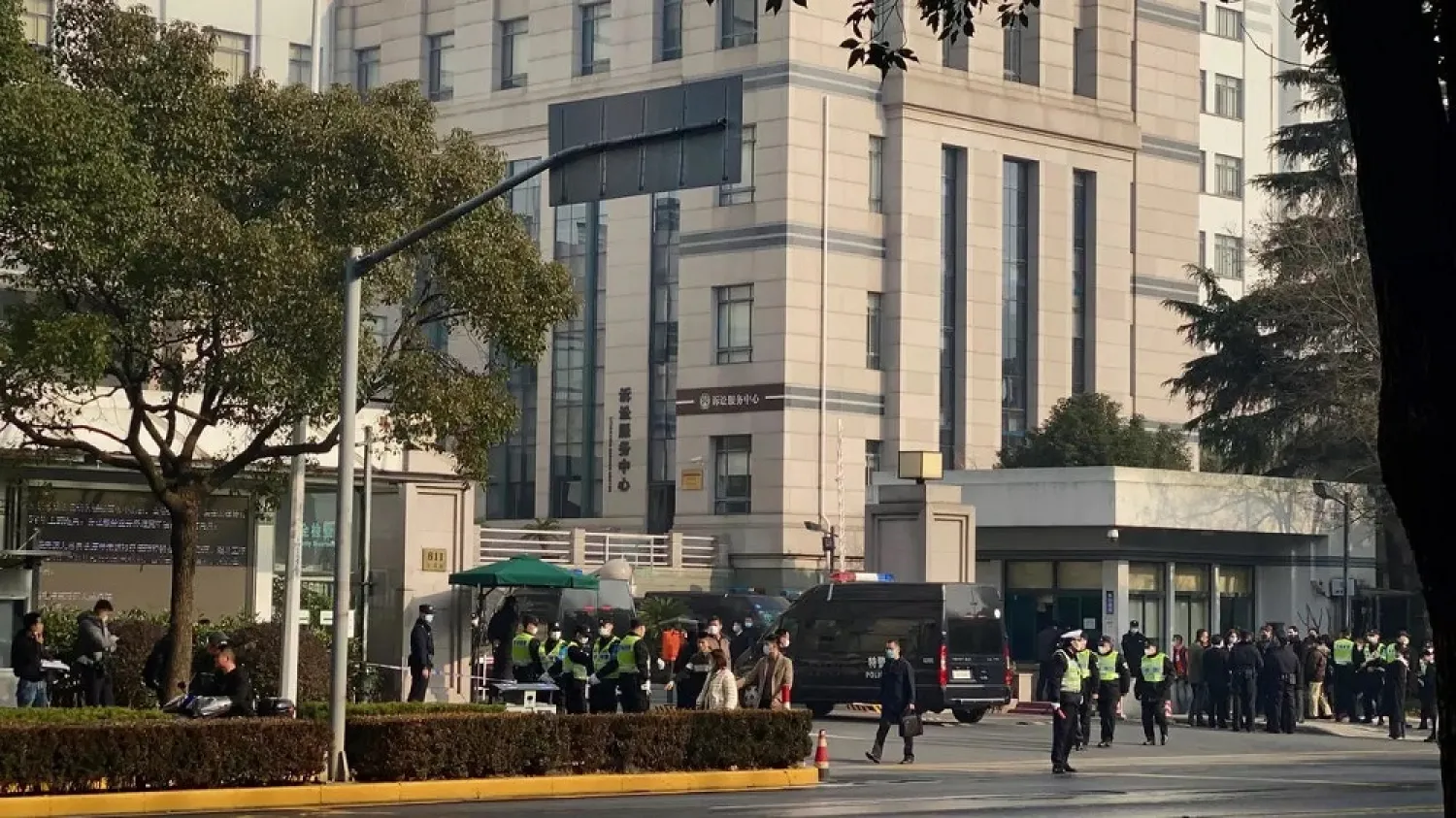A Chinese citizen journalist was jailed for four years for her livestream reporting from Wuhan as the Covid-19 outbreak unfurled, her lawyer said Monday, almost a year after details of an "unknown viral pneumonia" surfaced in the central China city.
Zhang Zhan, a former lawyer, was sentenced at a brief hearing in a Shanghai court for allegedly "picking quarrels and provoking trouble" for her reporting in the chaotic initial stages of the outbreak, reported AFP.
Her live reports and essays were widely shared on social media platforms in February, grabbing the attention of authorities, who have punished eight virus whistleblowers so far as they defang criticism of the government's response to the outbreak.
Beijing has congratulated itself for "extraordinary" success in controlling the virus inside its borders, with an economy on the rebound while much of the rest of the world stutters through painful lockdowns and surging caseloads a year on from the start of the pandemic in Wuhan.
"Zhang Zhan looked devastated when the sentence was announced," Ren Quanniu, one of Zhang's defense lawyers, told reporters confirming the four-year jail term outside Shanghai Pudong New District People's Court on Monday morning.
Her mother sobbed loudly as the verdict was read, Ren added.
Concerns are mounting over the health of 37-year-old Zhang who began a hunger strike in June and has been force-fed via a nasal tube.
"She said when I visited her (last week): 'If they give me a heavy sentence then I will refuse food until the very end.'... She thinks she will die in prison," Ren said before the trial.
The trial comes just weeks before an international team of World Health Organization experts is expected to arrive in China to investigate the origins of Covid-19.
Another lawyer said Zhang's health was in decline and she suffered from headaches, dizziness and stomach pain.
"Restrained 24 hours a day, she needs assistance going to the bathroom," Zhang Keke, who visited her on Christmas Day, wrote in a note circulated on social media.
"She feels psychologically exhausted, like every day is a torment."
Zhang was critical of the early response in Wuhan, writing in a February essay that the government "didn't give people enough information, then simply locked down the city".
"This is a great violation of human rights," she wrote.
The court said she had spread "false remarks" online, according to Zhang Keke.
Rights groups have also drawn attention to her case.
Authorities "want to use her case as an example to scare off other dissidents from raising questions about the pandemic situation in Wuhan earlier this year", said Leo Lan, research and advocacy consultant at the Chinese Human Rights Defenders NGO.
Zhang is the first to face trial of a group of four citizen journalists detained by authorities earlier this year after reporting from Wuhan.
Previous attempts by AFP to contact the other three -- Chen Qiushi, Fang Bin and Li Zehua -- were unsuccessful.









